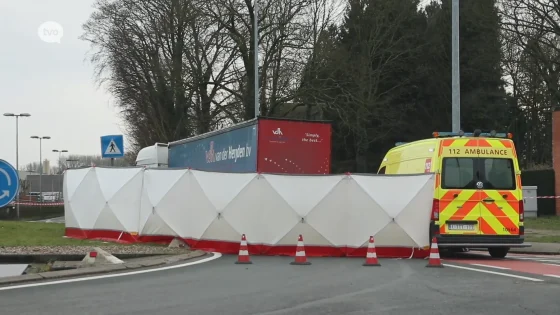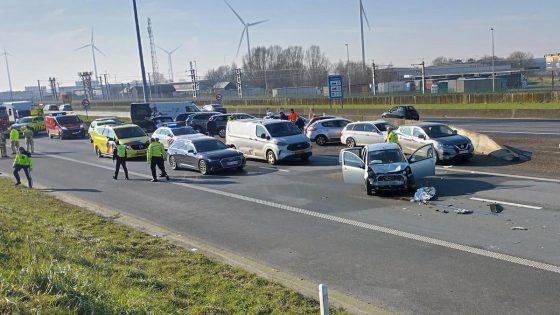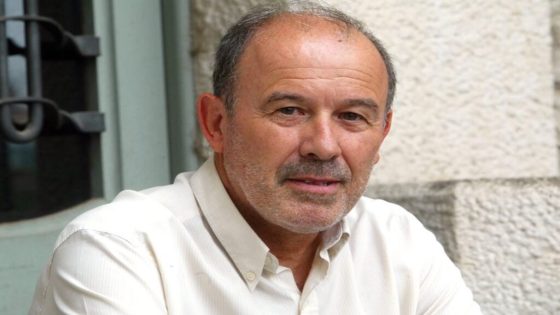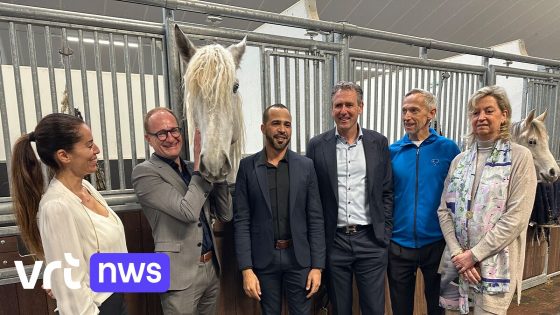On February 19, 2025, Flemish Brussels Minister Cieltje Van Achter (N-VA) responded to the controversial statement made by Casier regarding N-VA’s representation in Brussels. She labeled his claim that the party represents less than 2% of Brussels residents as “ridiculous” and “strange.” How can such a significant misrepresentation go unchallenged?
- Cieltje Van Achter criticizes Casier's statement.
- N-VA claims to be third in Brussels.
- Calls for respect for election results.
- Denies accusations of racism from PS.
- Emphasizes need for responsible politics.
- Urges focus on budget and safety issues.
N-VA’s Political Standing in Brussels: A Closer Look
What does it mean for a party to be the third largest in a diverse city like Brussels? According to Van Achter, N-VA has established itself firmly ahead of traditional parties. This assertion raises questions about how political dynamics shift when new voices enter the conversation.
The Role of PS in Brussels Politics: A Call for Respect
Van Achter urges the Socialist Party (PS) to acknowledge election results and engage more responsibly in governance discussions. She emphasizes that constructive dialogue is essential for addressing pressing issues like budget management and public safety.
N-VA vs. PS: Key Political Differences Explored
The tension between N-VA and PS reflects deeper ideological divides within Belgian politics. Here are some key points:
- N-VA claims a strong representation among Dutch-speaking voters.
- PS faces criticism for perceived elitism and lack of respect towards opponents.
- Bipartisan cooperation is necessary for effective governance.
- Crisis management remains a top priority amid rising public concerns.
The Importance of Representation in Diverse Societies
Diversity is at the heart of Brussels’ identity, making fair representation vital. When one party feels marginalized, it risks alienating entire communities. How can leaders ensure every voice is heard while maintaining stability?
This situation underscores the necessity for inclusive dialogues that bridge gaps between different factions within government structures.






























